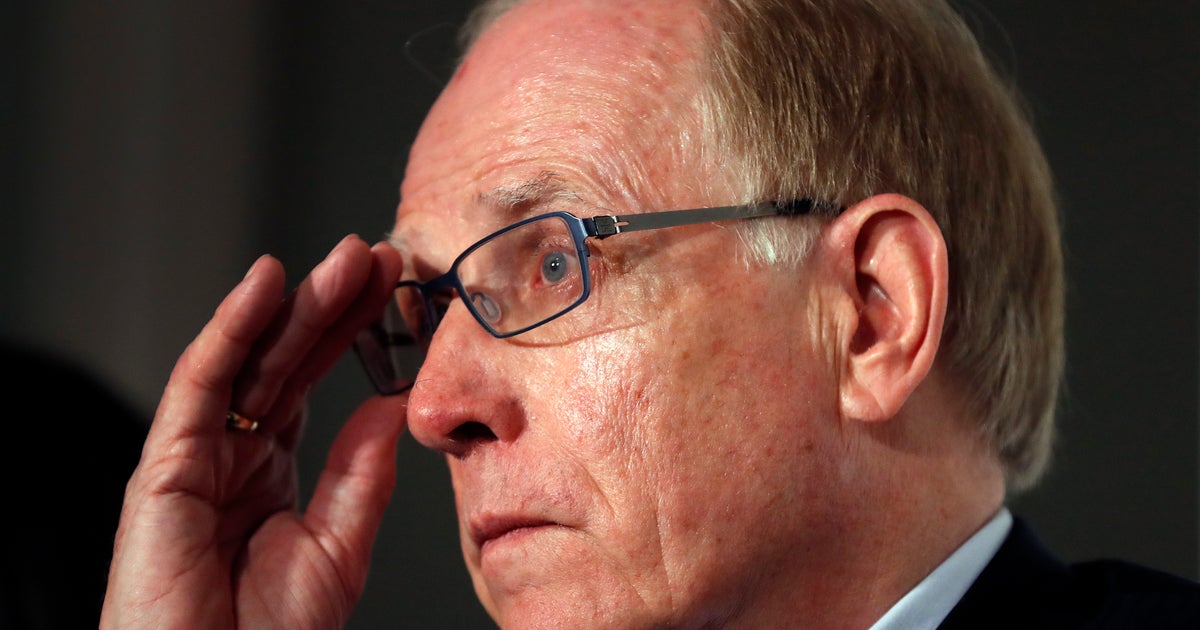Investigation finds doping cover-ups in weightlifting


DÜSSELDORF, Germany (AP) — An investigation into the International Weightlifting Federation has found doping cover-ups and millions of dollars in missing money, lead investigator Richard McLaren said Thursday.
McLaren said 40 positive doping tests were “hidden” in IWF records and that athletes whose cases were delayed or covered up went on to win medals at the world championships and other events. The cases will be referred to the World Anti-Doping Agency.
McLaren said former IWF president Tamas Ajan was “an autocratic leader” who kept the board in the dark about finances. Ajan received cash payments, some as much as $100,000, as doping fines from national federations or sponsors, McLaren said. On one trip to Thailand, Ajan collected more than $440,000, according to the report.
McLaren said $10.4 million was unaccounted for.
“Everyone was kept in financial ignorance through the use of hidden bank accounts (and transfers),” McLaren said. “Some cash was accounted for, some was not.”
McLaren said that the investigation found information which law enforcement “might be interested in,” and that he would cooperate with any later investigations.
McLaren said Ajan “permitted the (federation) elections to be bought by vote brokers” as he kept the presidency and promoted favored officials. Large cash withdrawals were made ahead of federation congresses, McLaren said, adding that voters were bribed and had to take pictures of their ballots to show to brokers.
The 81-year-old Ajan stepped down in April, ending a 20-year reign as president and a total 44 years in federation posts. A month before that he also gave up his honorary membership of the International Olympic Committee.
McLaren’s investigation was sparked in January when German broadcaster ARD reported financial irregularities at the federation and apparent doping cover-ups.
The focus of the investigation was on the period from 2009 through 2019. McLaren said he heard allegations of misconduct dating back as far as the 1980s, but chose to prioritize more recent matters with stronger evidence.
The World Anti-Doping Agency said it welcomed McLaren’s findings.
“Once WADA has had the opportunity to review that evidence as well as the report in full, the Agency will consider the next appropriate steps to take,” it said in a statement.
Some allegations regarding doping misconduct around the 2019 world championships in Thailand and involving athletes from Moldova were passed to the International Testing Agency, which is still investigating.
McLaren, a Canadian law professor, was WADA’s lead investigator for Russian doping and has judged cases at the Court of Arbitration for Sport.
Weightlifting’s reputation under Aján had already been hit by dozens of steroid doping cases revealed in retests of samples from the Olympics since 2008.







